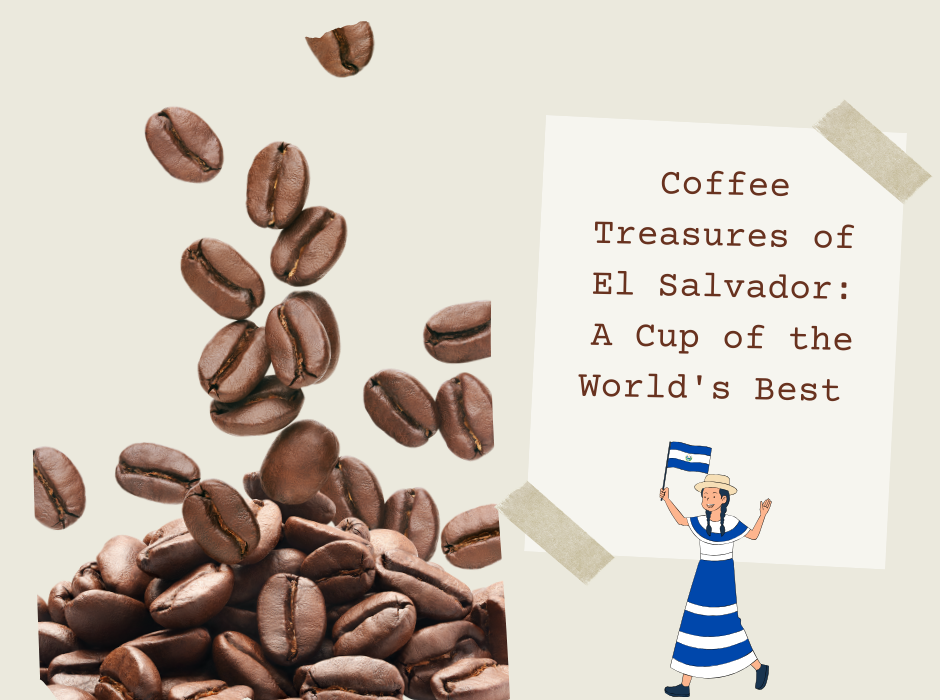El Salvador’s name is popping up more and more in the specialty coffee world – and for good reason! The country’s volcanic soils, high altitude plantations and carefully nurtured coffee traditions produce some of the finest arabica coffee in the world. According to some, coffee seeds brought over from Guatemala first arrived in the country in the 1700s, and for nearly 100 years coffee was grown only for domestic consumption. Others claim that a Salvadoran priest named Jose Antonio Viteri brought plants from Costa Rica in 1855 and began commercial production.
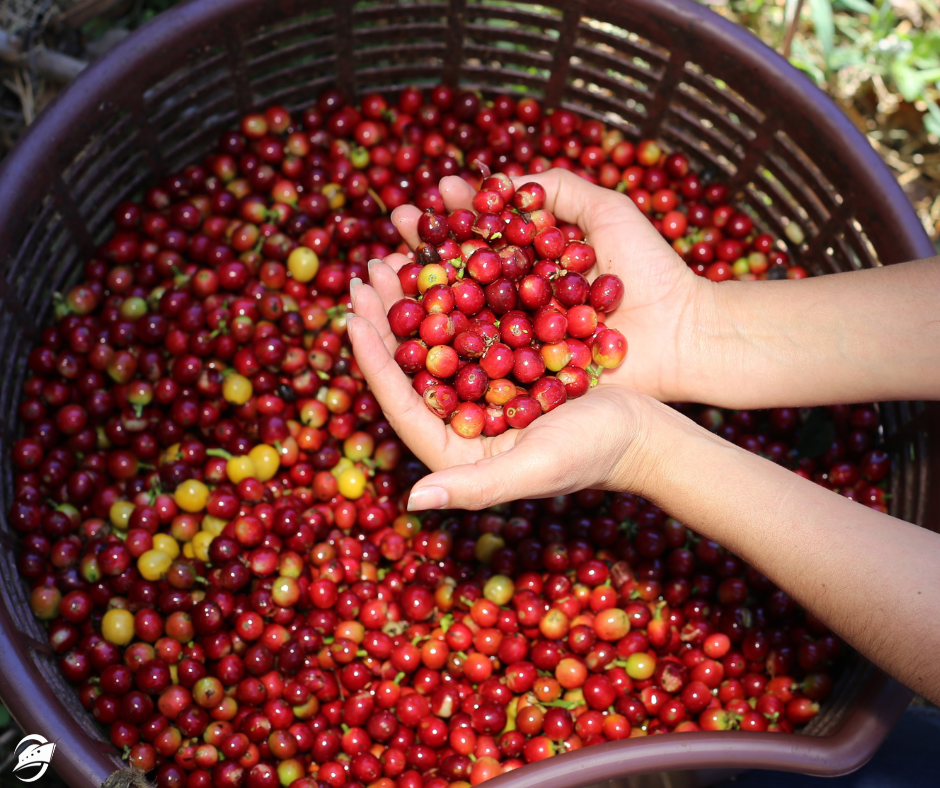
The History of El Salvador Coffee ☕🌿
El Salvador’s coffee culture dates back to the mid-18th century, when the Typica Arabica variety was first introduced. By the mid-1800s, the country had become a coffee exporter, and by the 1950s coffee had become one of its main sources of income.
In the 1970s, El Salvador became famous for its high quality coffee, but political turmoil and civil war hit the industry hard. Later, after a period of reconstruction in the 1990s, coffee rust destroyed nearly 50% of the crop, creating a new challenge.
Farmers then turned to more sustainable methods: shade-grown coffee reduced the use of chemicals and organic compost was introduced. The sector eventually strengthened and by the 2021-2022 season El Salvador was once again a dominant player in the specialty coffee market.
Today, the country is the 19th largest coffee producer in the world, with coffee production supported by three large cooperatives – La Concordia, El Sincuyo and Las Colinas. The rich volcanic soil and high altitude farms ensure that El Salvador’s coffee continues to be of outstanding quality on the international market.
Why is El Salvador coffee special?
Volcanic soil – Rich minerals give the beans a deep, complex flavour.
Ideal climate – Plantations at an altitude of 1200-1800 metres provide the perfect conditions for slow-ripening, aromatic coffee beans.
Artisanal processing – For generations, local farmers have hand-picked and carefully selected the coffee cherries.
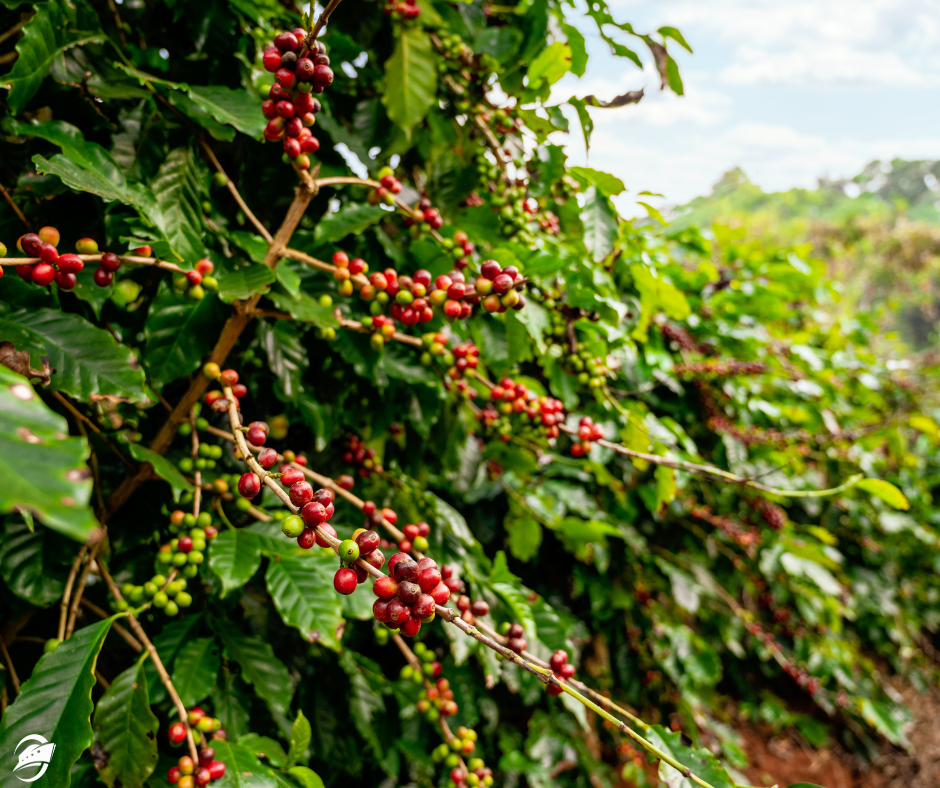
Coffee regions of El Salvador
Apaneca-Ilmatepec region – The country’s most famous coffee-growing region, where some of the world’s best bourbon coffees are grown in the surroundings of the Izalco and Santa Ana volcanoes.
Tecapa-Chinameca region – Balanced, slightly chocolatey flavours characterise this coffee region.
Alotepec-Metapán region – Rarer, more exclusive coffees come from here, often with notes of berry fruit and caramel.
A sip of El Salvador
A good cup of coffee can change your day. And that’s exactly what a cup of authentic El Salvador coffee can do. Unlike other coffees from Central America, Salvadoran coffee draws the palate in with a soft, sweet aroma, enhanced by a slight acidity.
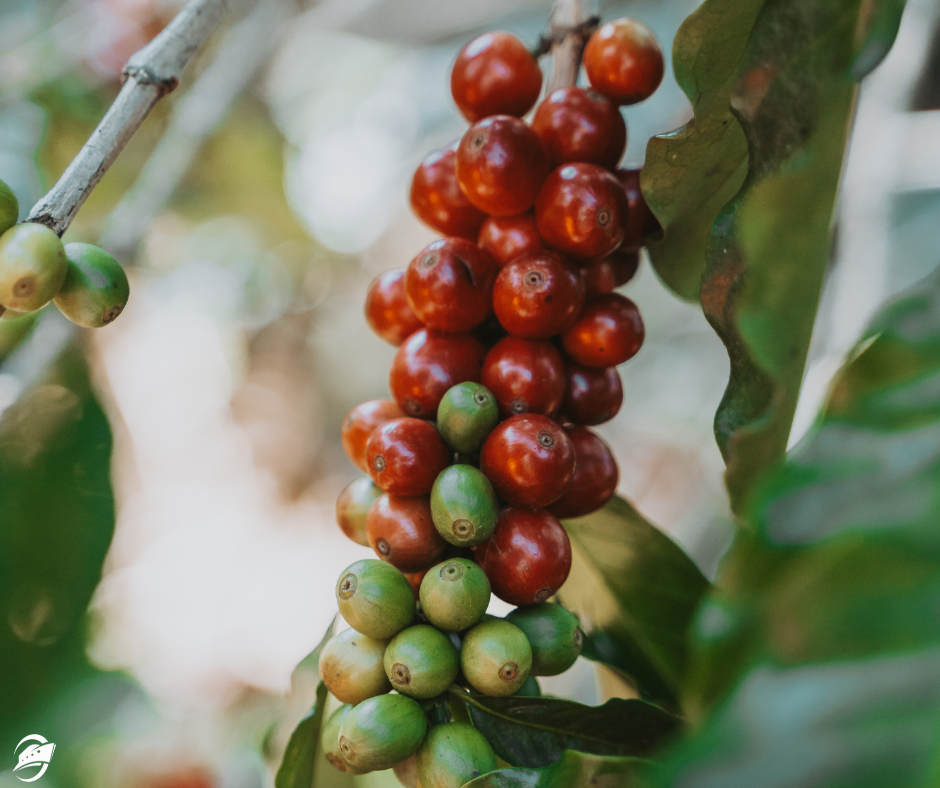
Although each coffee bean is unique, green beans from El Salvador tend to have a smooth and refined flavour. Their flavours often include nutty, chocolate, caramel and fruity aromas, complemented by a honeyed sweetness, a pleasant body and a mild, balanced acidity. This harmony makes El Salvador coffee particularly attractive to specialty coffee lovers.
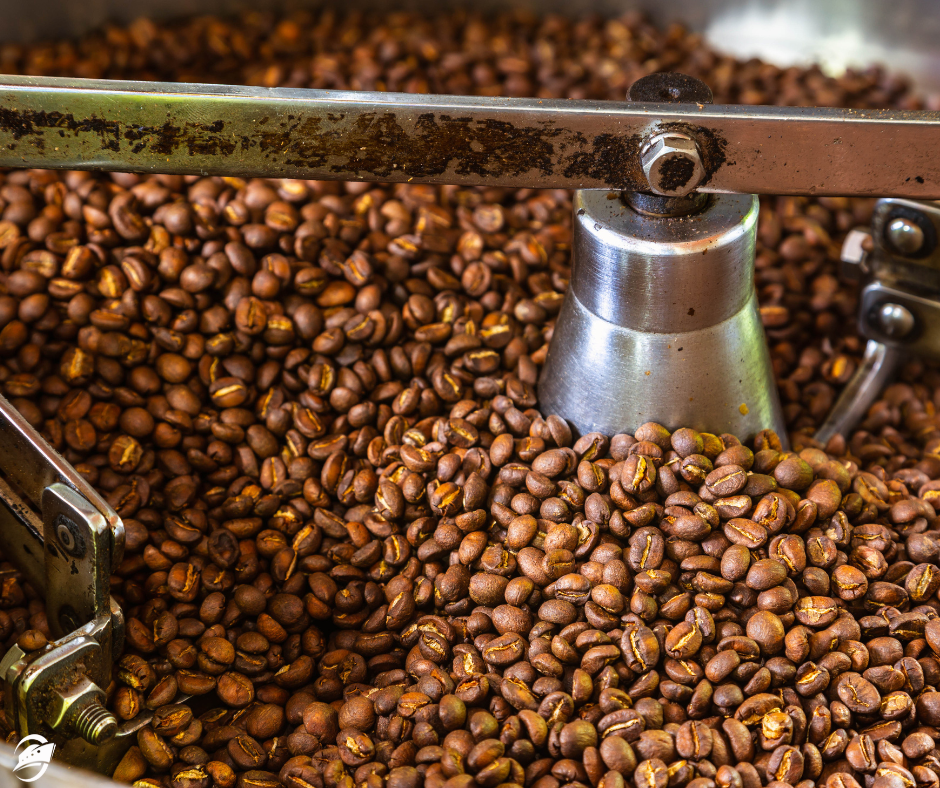
El Salvadoran coffee is more than a drink – it’s a story that begins on the slopes of a volcano and culminates in a cup of steaming aroma. If you’re in the area, don’t miss the chance to taste the pride of the country and take home a bag of special roast coffee!


